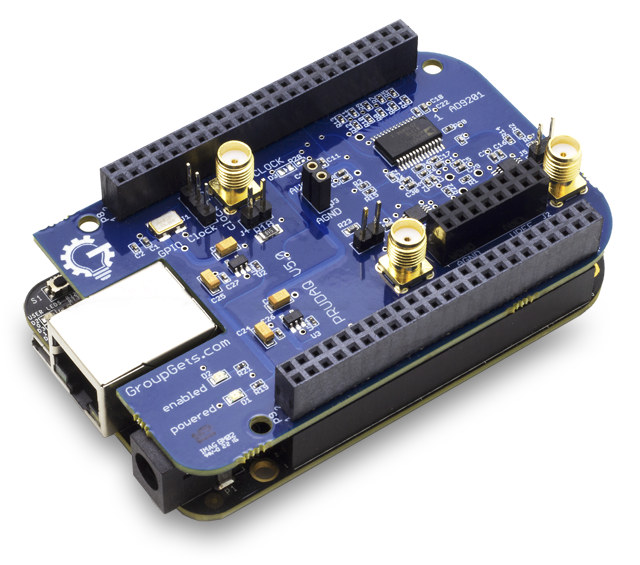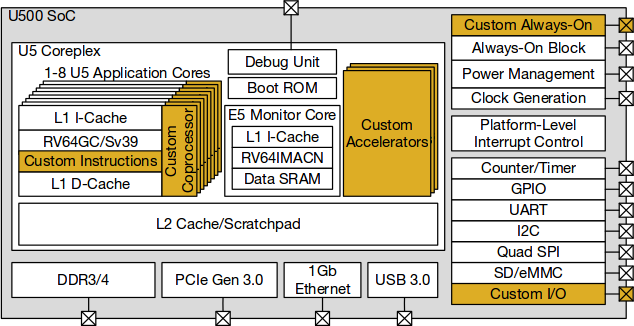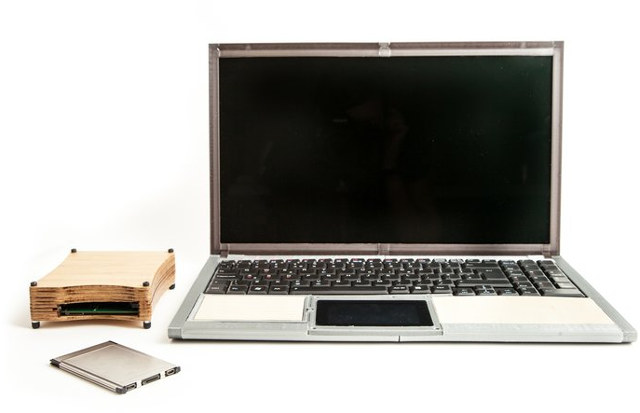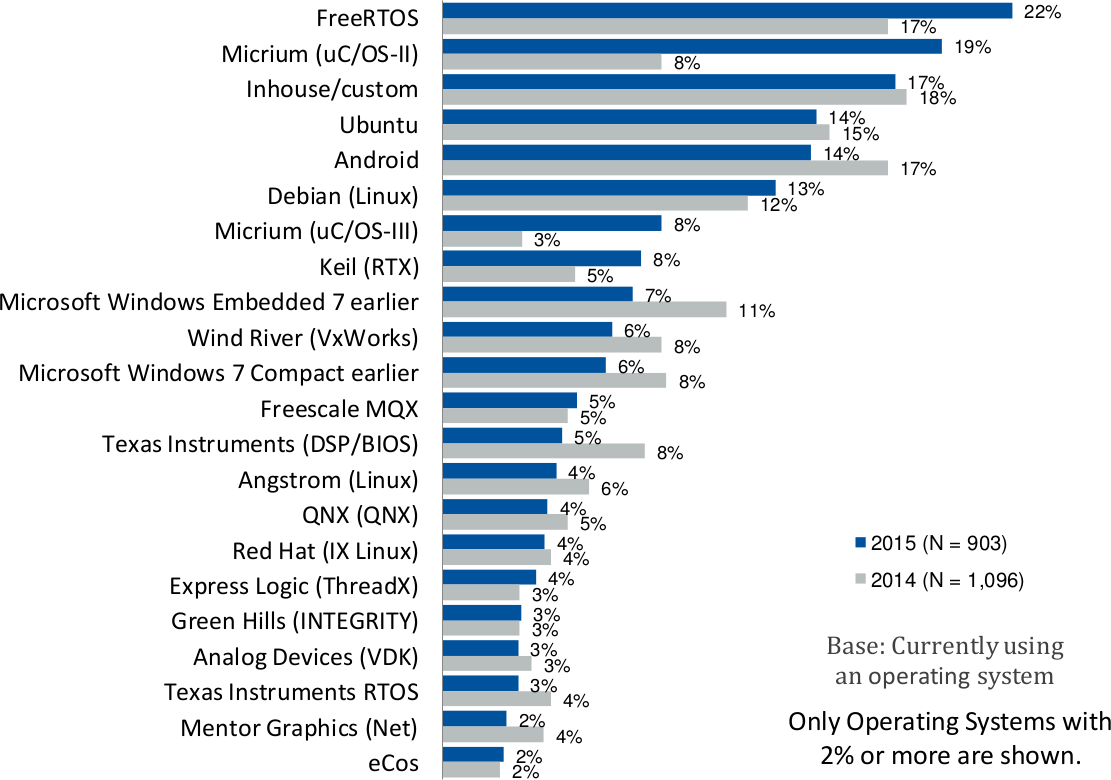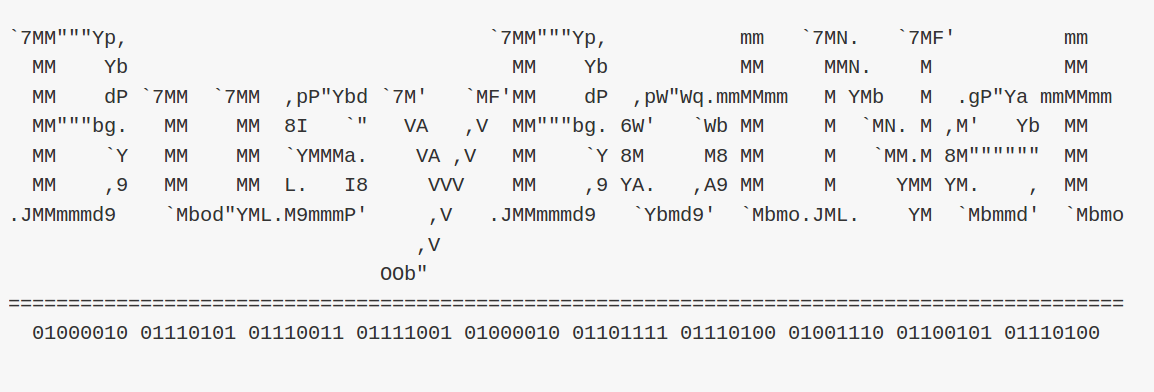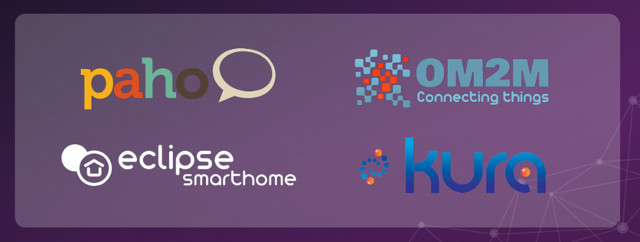Engineers at Google Research wanted to measure the strength of a carrier signals without having to use a bulky oscilloscope or DAQ (Data Acquisition) system, so they looked into several makers boards to achieve this task, eventually decided to go with BeagleBone Black / Green, and created their own PRUDAQ cape capable of sampling 40 million samples per second, and open source it all. PRUDAQ cape specifications: Dual-channel simultaneously-sampled 10-bit ADC (Analog Devices AD9201) Up to 20MSPS per channel (40MSPS total) theoretical 0-2V input voltage range (DC coupled) 4:1 analog switches in front of each channel provide a total of 8 single-ended analog inputs. (See here for differential input) SMA jacks for direct access to the 2 ADC channels Flexible clock options: External input via SMA jack Internal on-board 10MHz oscillator Programmable clock from BeagleBone GPIO pins Powered via BeagleBone headers – no external power needed Fully exposed BeagleBone headers […]
SiFive Introduces Freedom U500 and E500 Open Source RISC-V SoCs
Open source used to be a software thing, with the hardware design being kept secret for fear of being copied, but companies such as Texas Instruments realized that from a silicon vendor perspective it would make perfect sense to release open source hardware designs with full schematics, Gerber files and SoM, to allow smaller companies and hobbyists, as well as the education market, normally not having the options to go through standard sales channels and the FAE (Field Application Engineer) support, to experiment with the platform and potentially come up with commercial products. That’s exactly what they did with the Beagleboard community, but there’s still an element that’s closed source, albeit documented: the processor itself. But this could change soon, as SiFive, a startup founded by the creators of the free and open RISC-V architecture, has announced two open source SoCs with Freedom U500 processor and Freedom E300 micro-controller. Freedom […]
AOMedia AV1 is a Royalty-free, Open Source Video Codec Aiming to Replace VP9 and Compete with H.265
The Alliance for Open Media, or AOMedia, is a new non-profit organization founded in 2015 by Amazon, Cisco, Google, Intel Corporation, Microsoft, Mozilla, and Netflix, and more recently joined by AMD, ARM, and NVIDIA, whose first project is to develop AV1 royalty-free and open video codec and format to provide an alternative to H.265 / HEVC, and a successor to VP9. The project is a team effort combining teams working on Daala, Thor, and VP10 video codecs, and while AFAIK, AV1 specifications have not been released yet (target: Q1 2017), the organization has already released an early implementation of AV1 video decoder and encoder under the combination of an BSD-2 clause license and the Alliance for Open Media Patent License 1.0 , which can be found on googlesource.com. So I’ve had a quick my myself following the instructions, by first downloading one uncompressed YUV4MPEG sample:
|
1 2 3 4 |
mkdir ~/derf_cif pushd ~/derf_cif wget http://media.xiph.org/video/derf/y4m/husky_cif.y4m popd |
and the source code:
|
1 2 |
git clone https://aomedia.googlesource.com/aom cd aom |
[…]
Open Source, Modular and Upgradeable EOMA68 CPU Card, Laptop and Micro Desktop Launched (Crowdfunding)
Rhombus Tech has been working on EOMA68 standard for CPU modules based on PCMCIA at least since 2012, and after previous difficulties, they showcased a laptop prototype taking OEMA68 CPU cards at the beginning of the year, and they’ve now launched a CrowdSupply campaign selling an EOMA68 CPU card based on Allwinner A20 processor, as well as corresponding laptop and micro desktop housings that are both open source, and upgradeable with faster EOMA68 CPU card once/if they become available. Current EOMA68 CPU card specifications: SoC – Allwinner A20 dual core ARM Cortex A7 processor @ 1.2 GHz with Mali-400MP2 GPU System Memory – 2GB RAM Storage – 8GB NAND flash + micro SD slot Video Output – micro HDMI Interface (for 2nd monitor) USB – micro USB OTG port Compliant with EOMA68 standard Two versions of the CPU card are offered with different pre-installed firmware: “Libre Tea Computer Card” […]
Micrium µC/OS RTOS Is Now Free for Makers and Startups
According to UBM embedded market study for 2015, Micrium µC/OS real-time operating system only came second after FreeRTOS when the company asked close to 1,000 engineers and managers around the world which operating systems they were currently using in their embedded products. The OS appears to be particularly popular in Asia, and the results are all the more impressive considering it’s a commercial operating systems. But Micrium decided to bring more people on board by announcing a free version called µC/OS for Makers targeting hobbyists and startups (<$100k revenues) in February earlier this year. The real-time operating system includes a preemptive multitasking real-time kernel with optional round robin scheduling, has a low footprint (6K to 24K bytes code space, 1K+ bytes data space), support various types of targets including ARM Cortex-M and Cortex-A based MCU and processors such as STMicro STM32, NXP Kinetis, Cypress PSoC5, etc.., as well as Atmel […]
BusyBotNet is a Fork of Busybox with Security Tools
Busybox provides a lightweight version of common command line utilities normally found on “big” Linux into a single binary, in order to bring them to embedded systems with limited memory and storage. As more and more embedded systems are now connected to the Internet, or as they are called nowadays the Internet of Things nodes, adding security tools, such as cryptographic utilities, could prove useful for administrators of such system, and so BusyBotNet project wsa born out of a fork of Busybox. Some of the tools implemented include: fenc to encrypt stuff with salsa algo tsh. needs work, backdoor shell aes enc rathole backdoor shell, blowfish enc ssyn2 ddos tool sudp udp ddos tool jshon sh wrapper for json hydra prism userspace icmp triggered reverse shell backdoor You can access the source code and instructions on busyboxnet github repo. I’ve quickly tried it in my AMD x86 computer running Ubuntu […]
The Eclipse Foundation Releases Open Source Smart Home & IoT Gateway Frameworks, MQTT & oneM2M Implementations
The Eclipse Internet of Things (IoT) Working Group has released – or soon will be releasing – four open source projects for the Internet of Things with Eclipse SmartHome 0.8 framework, Eclipse Kura 2.0 IoT gateway framework, Eclipse Paho 1.2 MQTT & MQTT-SN clients, and Eclipse OM2M 1.0 implementation of oneM2M standard. Eclipse SmartHome 0.8 Eclipse SmartHome is a framework for smart home solutions that runs on embedded devices, including Raspberry Pi, BeagleBone Black or Intel Edison development boards. The latest SmartHome 0.8 release includes a new REST API and corresponding “Paper UI” administration interface, support for new devices including Sonos speakers, LIFX bulbs, Belkin WeMo devices, digitalSTROM systems, EnOcean devices (via a new OSGi EnOcean Base Driver) and others, as well as a new rule engine supporting templates for beginners, JavaScript for automation rules and graphical rule editors. You can find more details on Eclipse SmartHome page, and/or download SmartHome 0.8, […]
OnePlus 3 Smartphone Launched Together With Source Code
Most smartphone manufacturers will drag their feet to release GPL source code, unless you go with Google Nexus or Android One smartphones. OnePlus is another exception as they have just launched OnePlus 3 smartphone, and released the source code the very same day as the hardware launch. OnePlus 3 specifications: SoC – Qualcomm Snapdragon 820 quad core ARMv8 processor with two “Gold” cores up to 2.2 GHz, two “Silver” cores up to 1.6 GHz, Adreno 530 GPU with support for OpenGL ES 3.2, OpenCL 2.0, and Vulkan, and Hexagon 680 DSP @ up to 825 MHz System Memory – 6GB LPDDR4 Storage – 64GB UFS 2.0 flash Display – 5.5″ 1920 x 1080 optic AMOLED touchscreen display; Corning Gorilla Glass 4 Audio – 3.5mm audio jack; bottom facing speaker; dual microphone with noise cancellation; Dirac HD sound technology Cellular Networks GSM: 850, 900, 1800, 1900 MHz North America model: WCDMA: Bands […]


